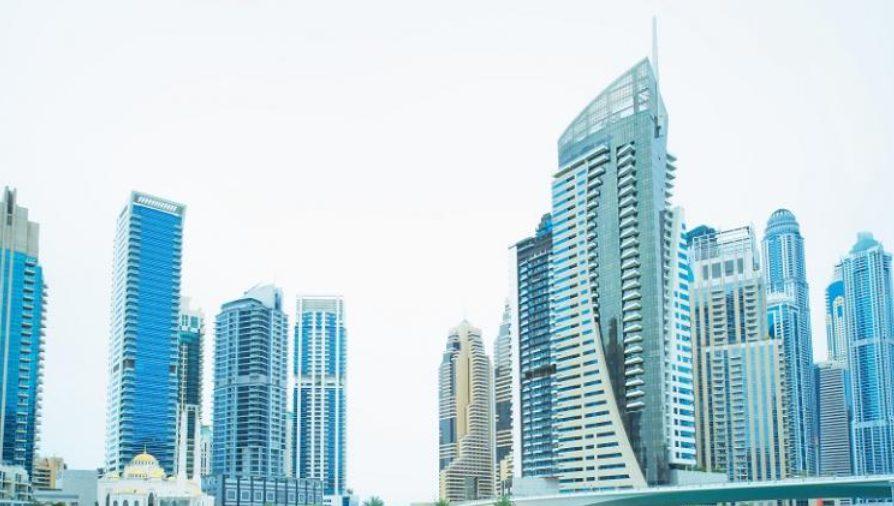I’ve been following the Dubai real estate market attentively, and I can say with confidence that this is a great time for international investors. Although there are many opportunities in the city, making educated selections about real estate requires knowledge of the legal landscape. Based on my own experiences and industry research, I’ll discuss what foreign investors should know about Dubai real estate laws in this blog article.
Understanding Ownership Rights
When I initially entered the Dubai real estate market, I discovered that, in contrast to other nations, ownership rights can differ greatly. Foreign investors are permitted to buy real estate in Dubai’s freehold zones. Non-UAE nationals are permitted to own the property outright in these zones, along with the land it is situated on.
It’s critical to complete your investigation and comprehend which regions fall under the freehold classification. For international investors, popular places including Palm Jumeirah, Downtown Dubai, and Dubai Marina have profitable prospects. I usually suggest prospective investors to speak with a real estate professional who can walk them through these rules.

Also see: Future Predictions for Dubai Real Estate in 2025 and Beyond
The Importance of a Real Estate Agent:
I discovered that collaborating with an experienced real estate agent can be quite beneficial throughout my exploration of Dubai’s real estate market. These experts can assist you in locating the ideal property for your investment objectives as they are knowledgeable about the regional market, rules, and procedures. They can also offer advice on current market trends and help with paperwork and negotiations.
It is advised that you seek out an agent with a solid reputation in the industry and a license. I promise you that taking this action now will save you a ton of trouble and effort in the future.
Registration and Legal Procedures
After finding the perfect property, the next step is to take care of the legal procedures connected to registration. All real estate transactions in Dubai require registrations to be submitted to the Dubai Land Department (DLD). This registration is required to ensure that you are recognized legally as the property’s owner.
Also see: How Expo 2020 Impacted Dubai’s Real Estate Market
I remember the first time I went through this process. I found that the DLD had made substantial improvements to the registration procedure, despite the fact that it felt intimidating. You will need to produce a copy of your passport, a signed sales agreement, and proof of payment, among other documents.
Additionally, there is a registration fee that is typically equivalent to 4% of the property’s purchase price. I was able to effectively budget and avoid unpleasant surprises by being aware of these expenses ahead of time.
Understanding Property Taxes and Fees
The related taxes and fees are another important facet of Dubai real estate legislation that all foreign investors need to be aware of. One major attraction for investors is Dubai’s lack of annual property taxes, in contrast to many other nations. But you need budget for additional expenses as well, such as:
- As previously stated, the registration fee is often paid to the Dubai Land Department and represents 4% of the property value.
- Service Fees: Depending on the type of property and its location, most properties have a monthly service fee for upkeep.
- Utilities: You will have to pay for water, electricity, and other utilities, just as with any other property.
Based on my experience, keeping a positive cash flow on your investment requires accounting for these additional costs.
Also see: Is 2024 THE Year to Invest in Dubai Real Estate? Here’s What You Need to Know!
Leasehold Properties:
Even though freehold ownership has more appeal, leasehold properties might nevertheless be attractive to certain overseas investors. With a leasehold agreement, you don’t own the land; instead, you get the right to use the property for a predetermined amount of time, usually up to 99 years. This choice can be enticing for investors seeking long-term rental income because it is frequently offered in some developments.
I’ve witnessed a number of profitable leasehold property acquisitions, particularly in well-known tourist locations with robust rental markets. Just make sure you are completely aware of the lease’s terms before signing.
Options for Visas and Residency
The possibility of obtaining a resident visa is an intriguing feature of real estate investments in Dubai. The UAE government passed new legislation in 2019 that permit investors to qualify for a resident visa if they buy real estate for at least AED 1 million. Due to this modification, Dubai has become even more alluring to foreign investors looking to establish a presence in the UAE.
If you’re thinking about going this route, I suggest speaking with an immigration specialist to learn about the advantages and disadvantages of investing in real estate in order to get a resident visa.
Protecting Your Investment
Safeguarding your interests is crucial when making any kind of investment. Doing extensive due research is essential when making a real estate investment in Dubai. This involves examining the developer’s track record, confirming the title deed of the land, and making sure there are no unpaid debts or encumbrances.
I usually advise working with a lawyer who focuses on real estate legislation in Dubai. Throughout the investment process, they may offer peace of mind, assist you in navigating contracts, and guarantee that you are abiding by local laws.
Last Words
In conclusion, overseas investors may find real estate investing in Dubai to be immensely lucrative. You may confidently navigate this dynamic industry by doing your due diligence, dealing with qualified professionals, and comprehending the laws and regulations.
There are many options available, whether you’re wanting to buy a business property, a villa, or an opulent apartment. My travels have taught me that Dubai is a city that not only fosters innovation and development but also provides excellent conditions for real estate investments, especially for What Foreign Investors Should Know About Dubai Real Estate Laws.





